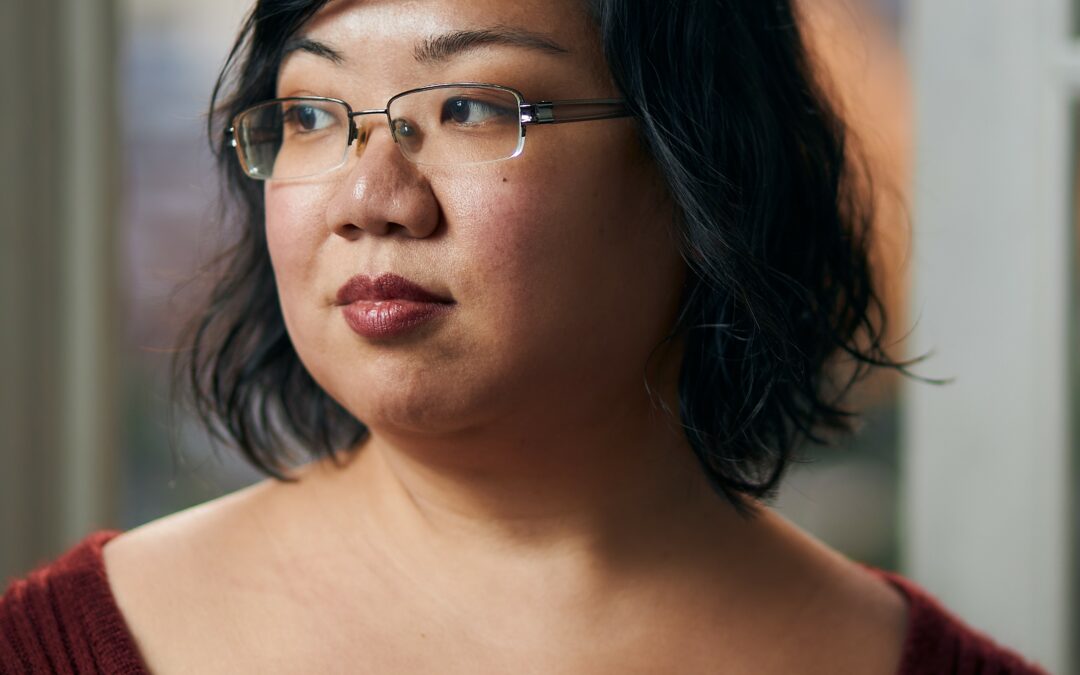
by Michele Kirichanskaya | Jan 9, 2025 | Blog
Nghi Vo is the author of the novels Siren Queen and The Chosen and the Beautiful, as well as the acclaimed novellas of the Singing Hills Cycle, which began with The Empress of Salt and Fortune. The series entries have been finalists for the Locus Award and the Lambda...
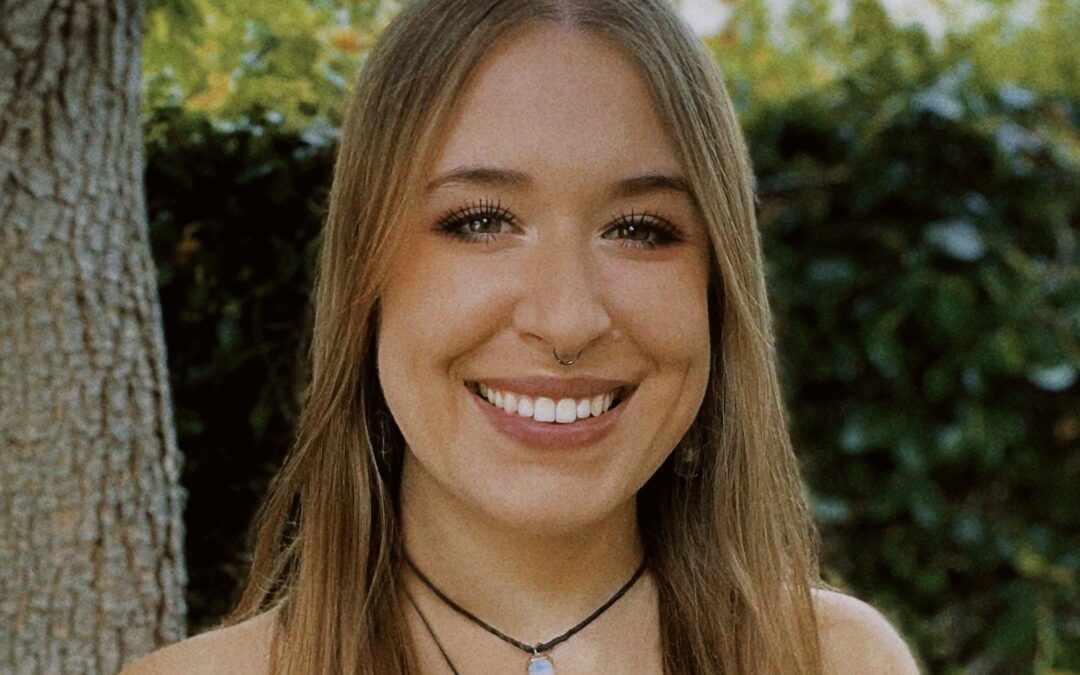
by Michele Kirichanskaya | Jan 1, 2025 | Blog
Racquel Marie grew up in Southern California where her passion for storytelling of all kinds was encouraged by her friends and big family. She received a BA in English with an emphasis in creative writing and a minor in gender and sexuality studies from the University...
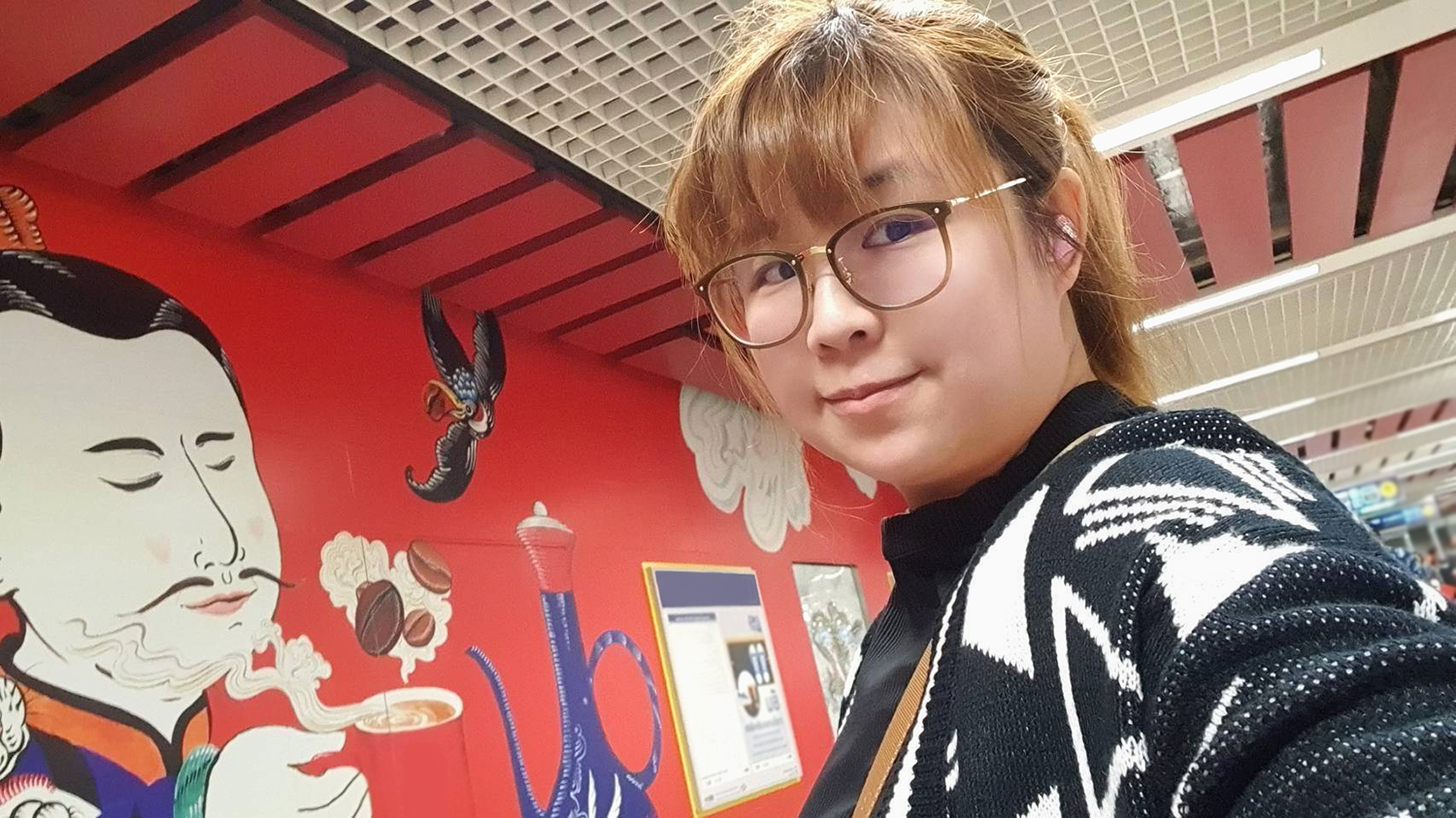
by Michele Kirichanskaya | Dec 27, 2024 | Blog
Mimo is an illustration artist based in Bangkok, Thailand. After obtaining a B.Ed. in Art Education from Chulalongkorn University, she began working for her family business. Yet, painting remains the individual’s true calling, and she has been exploring...
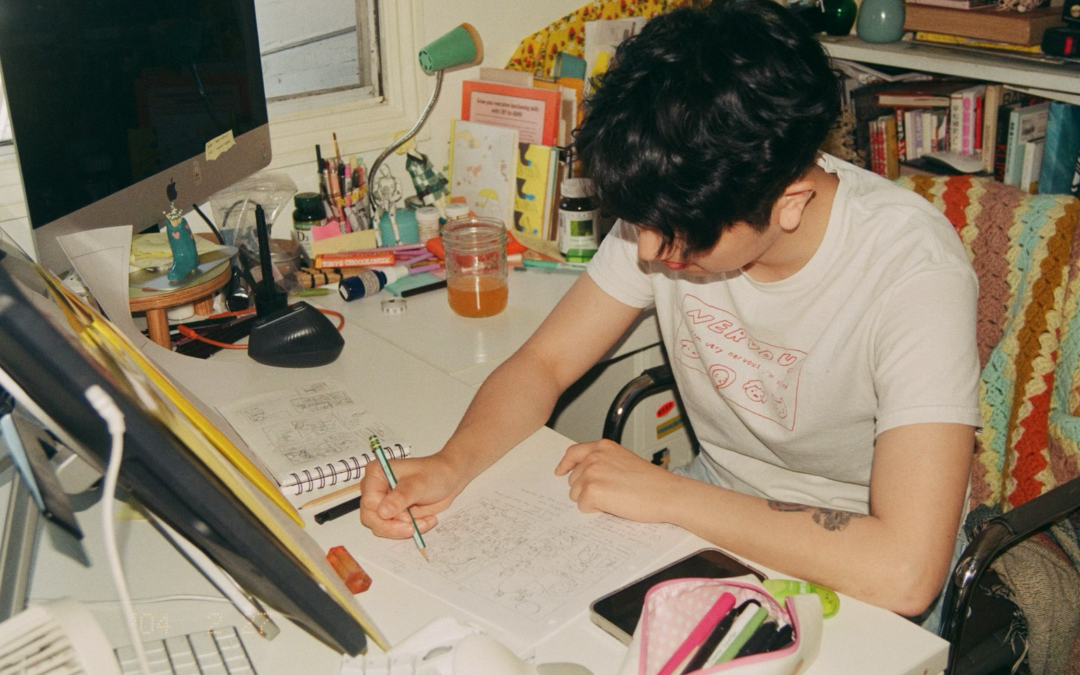
by Michele Kirichanskaya | Dec 22, 2024 | Blog
Cynthia Yuan Cheng (they/them) is a cartoonist based in central New Jersey. They love creating stories centered on romance, masculinity, and everyday life. Their hobbies include making their friends laugh and hunting for the best desserts in town. I had the...
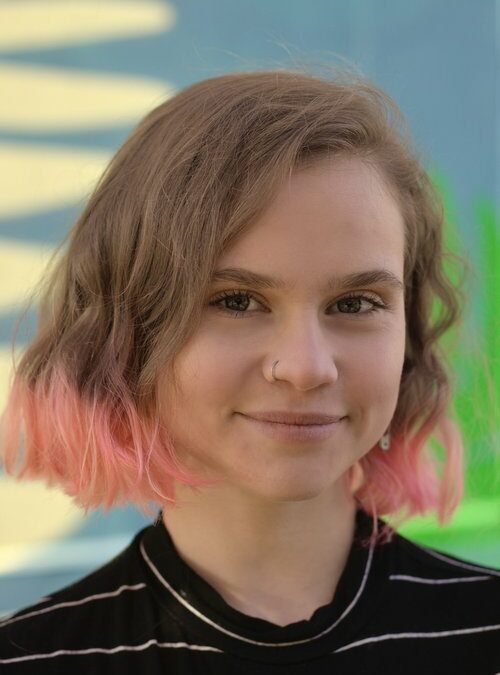
by Michele Kirichanskaya | Dec 18, 2024 | Blog
Sydney Langford (they/them) is a queer, Deaf-Hard of Hearing, and physically disabled author who resides in Portland, Oregon. Their biggest passion in life is creating stories that reflect the diverse world we live in—whether that be rom-coms about quirky, disabled...






